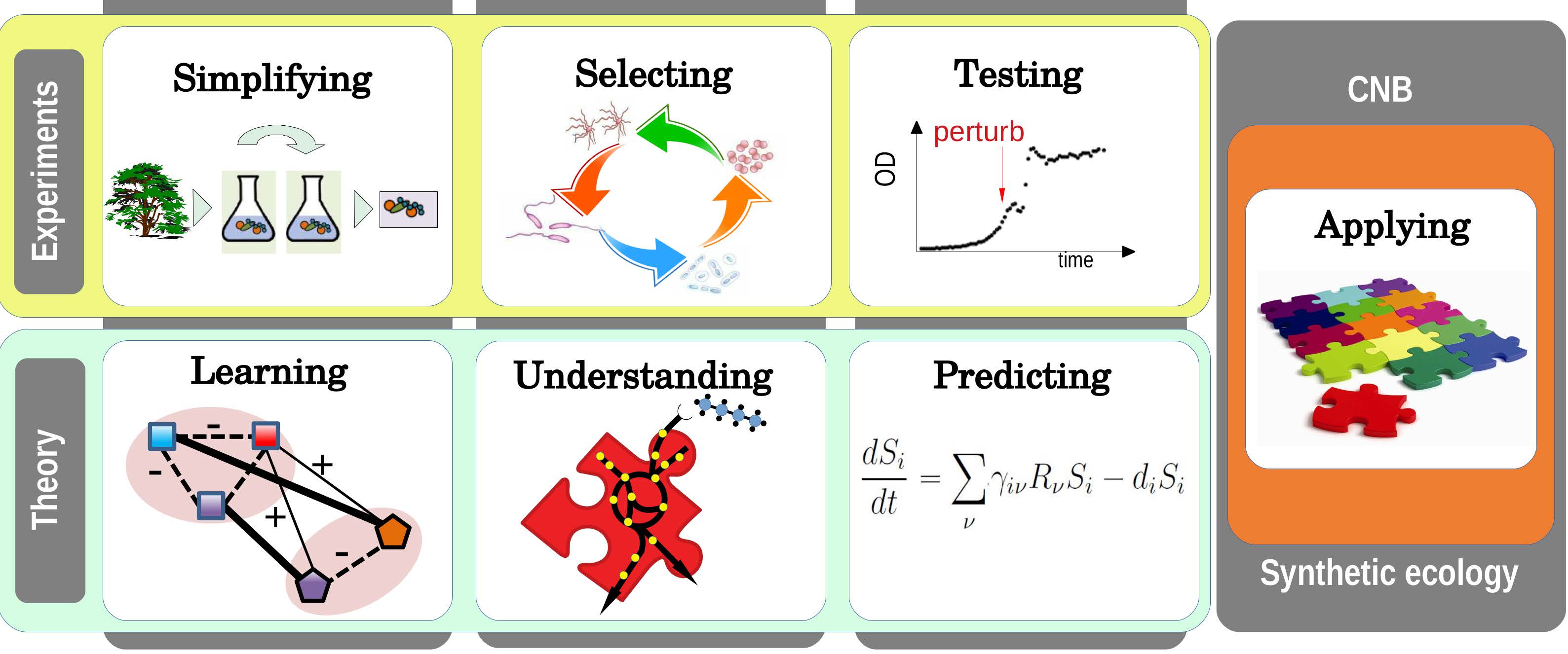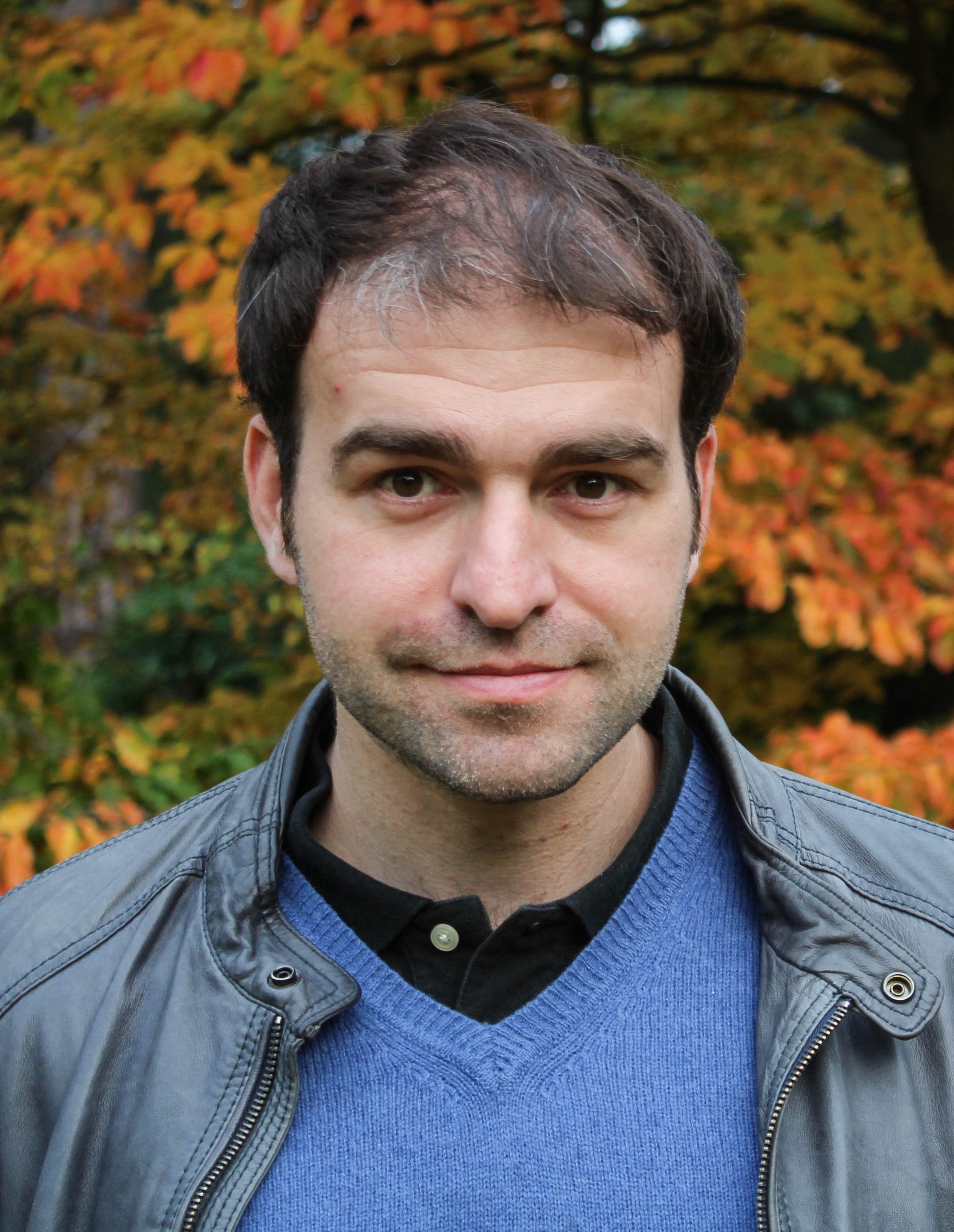Alberto Pascual-García
Ramón y Cajal researcher
We carry out an interdisciplinary scientific programme to address complex biological questions related to relevant societal challenges. We focus especially on natural microbial communities, from which we aim to develop Synthetic Ecology.
Publications
Pascual-García, A., Schwartzman, J., Enke, TN., Iffland-Stettner, A., Cordero, OX., Bonhoeffer, S., Turnover in life-strategies recapitulates marine microbial succession colonizing model particles Frontiers in Microbiology, 2022, 13
Pascual-García, A., Klein, J., Villers, J., Campillo-Funollet, E., & Sarkis, C. Empowering the crowd: Feasible strategies for epidemic management in high-density informal settlements. The case of COVID-19 in Northwest Syria. BMJ Global Health, 2021, 6:e004656
Pascual-García, A. & Bell, T. Community-Level signatures of ecological succession in natural bacterial communities. Nature Commun. 2020, 11(1), 1-11
Pascual-García, A., Arenas, M., & Bastolla, U. The molecular clock in the evolution of protein structures. Systematic Biology, 2019, syz022
Pascual-García, A. and Bastolla U. Mutualism supports biodiversity when the direct competition is weak Nature Commun., 2017, 8, 14326
More publications
Microbial ecology and evolution
The vast number and ubiquity of microbes makes them vital to a wide range of processes, from global carbon balance to antibiotic pathogenesis. However, we are still far from obtaining a clear picture of the ecological and evolutionary determinants that shape bacterial communities, which is necessary for the control and further development of any potential application. We are interested in the integration of top-down and bottom-up computational and experimental methods to shed light on the complex relationship between bacterial biodiversity and community function and to develop biotechnological applications.
Theoretical Ecology
The relationship between biodiversity and stability in complex ecosystems has been the subject of a long debate involving intensive theoretical research. We are interested in deciphering the role that different interactions between species play in this relationship, with special emphasis on mutualistic interactions. Mutualism has historically been considered detrimental to biodiversity, overemphasising the role of competition. We challenge this view with a fresh perspective based on the importance of structural stability.
Molecular Evolution
Protein structures play a key role in understanding the complex relationship between evolution and protein function. They allow us to incorporate physical principles into evolutionary analysis. Our work aims to understand the effects that different evolutionary events have on protein structure by analysing the topological properties of protein structure space and the relationship between protein structures and protein sequence divergences, among other questions.
Complex systems
We are interested in broad questions related to complex biological systems, such as emergent behaviours, community-level functioning or group selection, and in their philosophical underpinnings. We develop a novel framework for investigating epistemological questions, and also contribute computational tools for working with complex networks, an important representation of complex systems widely used in modern research, and present in most of our work.







